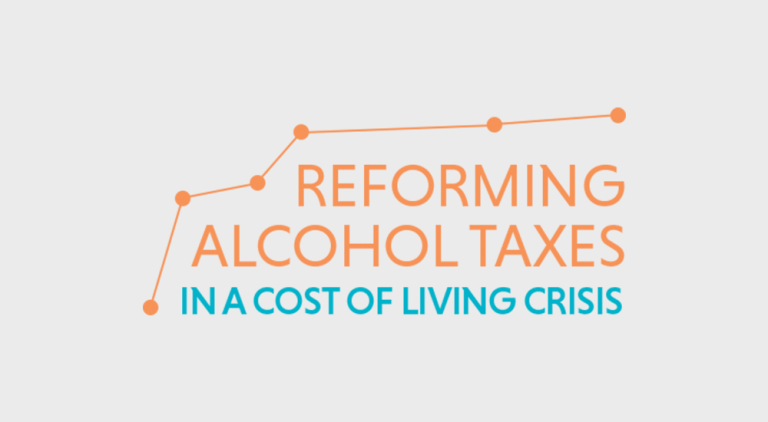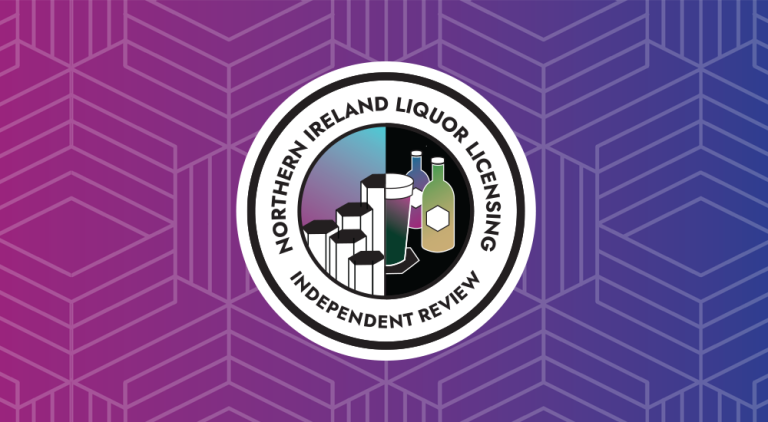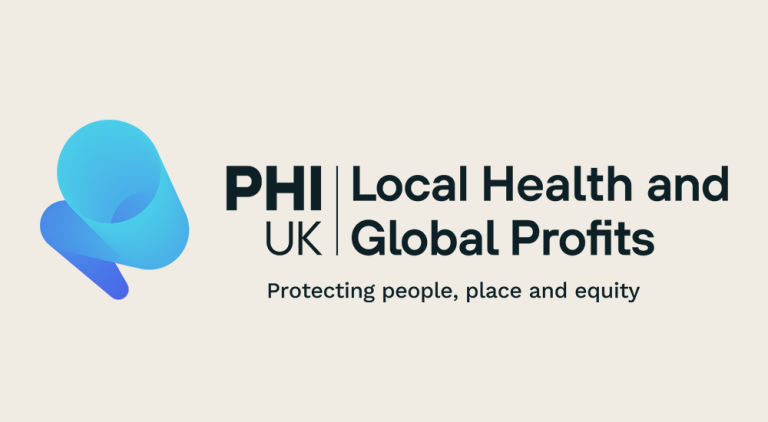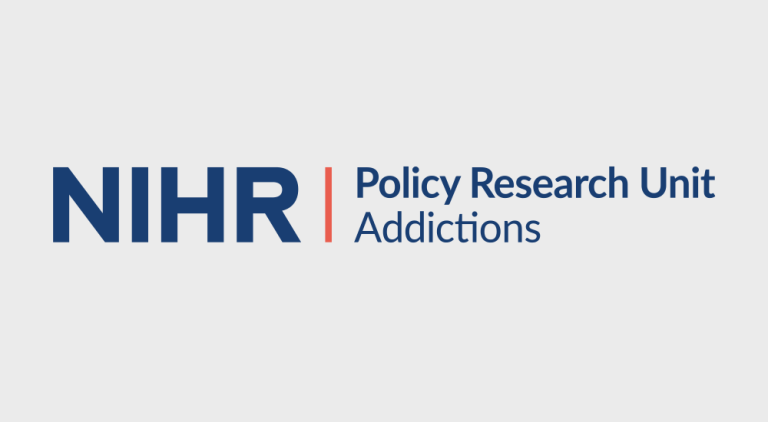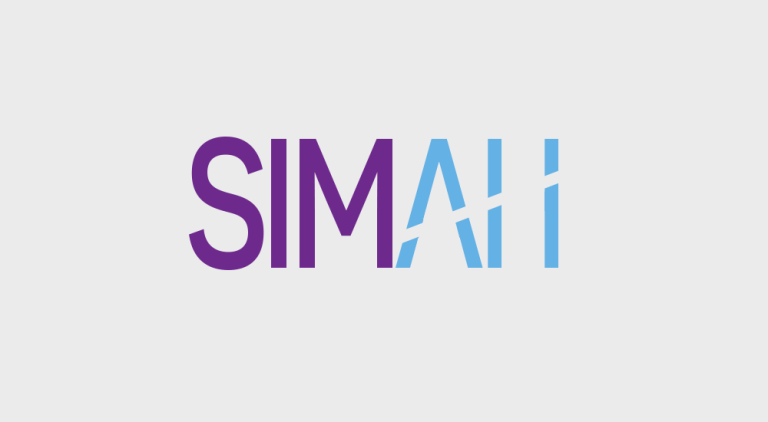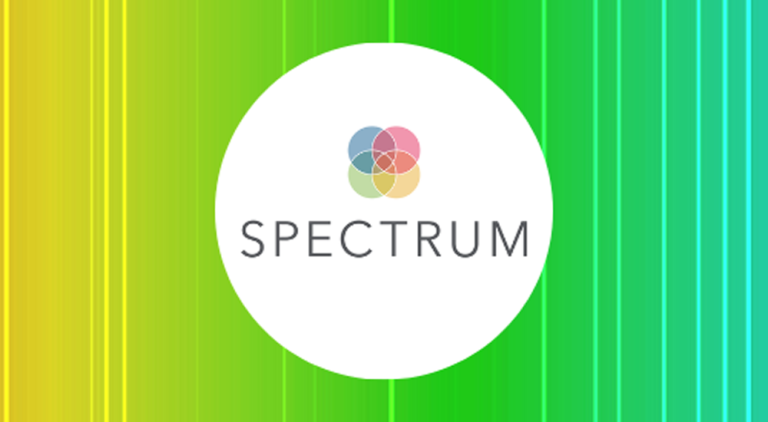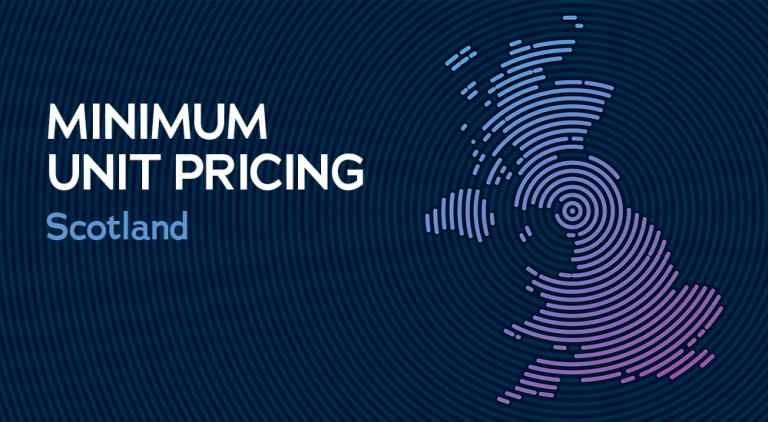Alcohol
Alcohol research
The Sheffield Addictions Research Group is an international centre of excellence for public health research on alcohol. Since the inception of the Sheffield Alcohol Research Group in 2008, our alcohol research has played a key role in current policy and public debate.
The Sheffield Alcohol Policy Model (SAPM) provides estimates of the effectiveness and cost-effectiveness of alcohol policies including pricing and availability policies as well as screening and brief interventions. It has been influential in informing public and political debate on alcohol policy and has provided a key evidence base for informing policy decisions around minimum unit pricing of alcohol. Our modelling, directly commissioned by the guideline review group, also significantly influenced the latest revisions of the low-risk drinking guidelines in the UK and Australia.
Our work directly informed minimum unit pricing (MUP) being introduced in Scotland, Wales and the Republic of Ireland and played a critical role in the legal challenge to its introduction in Scotland. It has also directly informed Scotland's decision to increase the MUP level from 50p to 65p (implemented 30/09/24), with the minister citing us in the announcement to parliament.
Our research laid the groundwork for a fully alcohol content-based duty system. We fed into the government consultation (including research published in The Lancet Public Health) and wrote the WHO report cited by the Chancellor when he announced the reforms. We are currently leading an NIHR-funded project to evaluate the impact of the duty reforms.
Our work on Screening and Brief Interventions (SBIs), including modelling commissioned by Public Health England, helped to inform national clinical guidance on the wider use of SBIs in healthcare settings and the decision to include SBIs within the CQUIN.
We are currently leading a project investigating the public health implications of the increased availability of alcohol-free and low-alcohol drinks. We are also contributing to government consultations and providing advice to civil servants on topics such as ABV thresholds and labelling guidelines.
Related news
-
SARG researcher Dr Parvati Perman-Howe secures NIHR Career Development Award
We are delighted to announce that Dr Parvati Perman-Howe, a Research Associate within the Sheffield Addictions Research Group (SARG), has secured a highly sought-after Career Development Award.
-
Professor John Holmes contributes to major new report outlining actions to tackle alcohol harm
SARG Director Professor John Holmes was part of an expert panel that supported the development of 'A Healthier Future: A long-term vision to tackle alcohol harm in the UK', a significant new report published by the Institute of Alcohol Studies (IAS) this week.
Get in touch
Contact Professor John Holmes to talk about our alcohol research.
Alcohol projects and other research
-
A novel interdisciplinary approach to understanding how contextual factors influence alcohol consumption
This project will develop a novel modelling infrastructure to advance our understanding of how contextual factors influence alcohol reduction attempts and inform policy interventions addressing alcohol-related harm.
-
Reforming alcohol taxes in a cost-of-living crisis
Evaluating the impact of reforms to the UK alcohol tax system, increases to alcohol tax rates, and the current cost-of-living crisis on alcohol consumption, associated harms and health inequalities.
-
No/Lo Project
The No/Lo Project investigates whether non-alcoholic or low-alcohol drinks can improve people's health. These drinks are beers, ciders, wines, spirits that are alcohol-free or contain a little alcohol. We call them no/lo drinks.
-
Northern Ireland Licensing Review
Sheffield Addictions Research Group was involved in an independent review of the Northern Ireland licensing system for alcohol, including the surrender principle. This page summarises the findings of the review.
-
Young people's consumption of no/low alcohol drinks in family settings
This project explores young people's consumption of no/low alcohol drinks in Great Britain, focusing on family settings. Using surveys and interviews, it will investigate adult perceptions, consumption trends, and the relationship between no/low and alcohol use among young people.
-
Understanding barriers to the use of alcohol-free and low-alcohol drinks to reduce alcohol consumption among individuals from lower socioeconomic backgrounds
This project aims to shed light on why alcohol-free and low-alcohol drinks may not be as accessible or appealing to those from disadvantaged communities.
-
Minimum unit pricing
The Sheffield Addictions Research Group has been highly influential in the introduction of minimum unit pricing (MUP) for alcohol in Scotland, Wales and the Republic of Ireland. Here we answer some common questions about minimum unit pricing.
-
Budget Briefing Notes
Our rapid-response reports use the Sheffield Tobacco and Alcohol Modelling Platform to offer timely analysis of the potential implications of changes to alcohol and tobacco taxation following UK Government Budget announcements.
-
Local Health and Global Profits
Working alongside local governments, local populations, public health practitioners and civil society groups, the Local Health and Global Profits project aims to understand the building blocks, including commercial factors, impacting on communities' health.
-
Policy Research Unit in Addictions
NIHR Policy Research Units (PRUs) undertake research to inform government and arms-length bodies making policy decisions about health and social care. The units create a critical mass of experts for research in priority areas for health and social care policy.
-
STAPM
The Sheffield Tobacco and Alcohol Policy Modelling Platform (STAPM) research programme aims to identify and evaluate approaches to reducing the harms caused by tobacco and alcohol consumption. By providing policymakers with evidence-based insights, STAPM seeks to improve public health policymaking and commissioning.
-
Youth Drinking in Decline
The Youth Drinking In Decline (Y-DID) project aimed to provide the most detailed analysis to date of the nature and drivers of recent reductions in alcohol use among 11-24 year-olds in England.
-
SIMAH
The SIMAH project investigates the link between alcohol use and life expectancy, with a focus on socioeconomic status and race/ethnicity as modifying factors.
-
SPECTRUM
The SPECTRUM Consortium is a multi-university, multi-agency research consortium focused on the commercial determinants of health and health inequalities, funded by the UK Prevention Research Partnership.
-
Reinforcer-specific value-based decision-making in persistence of and recovery from alcohol use disorder
This project investigates the cognitive and motivational processes underlying alcohol use disorder (AUD) using a computational approach. By analysing individual differences in value-based decision-making (VBDM), it aims to identify the specific mechanisms that contribute to the development and persistence of AUD.
-
SYNTAX
The SYNTAX project aimed to provide evidence and tools to inform the potential scale of effects of taxation across tobacco and alcohol as an intervention to improve public health and reduce health inequalities in the UK.
-
SPARC
The SPARC project sought to understand how and why British drinking culture changed between 2001 and 2016.
-
CASCADE
The CASCADE project aimed to develop new computer models of alcohol use which draw on existing theories for why people drink and sought novel combinations of these theories in order to better explain the changes in alcohol use we observe in society.
-
ExILEnS
This project examined the impact of public health stakeholders' engagement in alcohol premises licensing on alcohol-related harms in England and Scotland.
-
Evaluating the impact of minimum unit pricing in Scotland on harmful drinkers
This project evaluated the impact of Scotland's minimum unit pricing (MUP) policy on people drinking at harmful levels, including those with alcohol dependence.
-
Does minimum pricing reduce the burden of disease and injury attributable to alcohol in Canada?
This research used the Sheffield Alcohol Policy Model to estimate the potential effects of minimum unit pricing (MUP) for alcohol on consumption, spending, and alcohol-related harm in Wales, including health, crime, and absenteeism.
-
Modelling the impact of minimum unit pricing for alcohol in Scotland
Since 2009 the Sheffield Addictions Research Group has undertaken a number of modelling projects for the Scottish Government to appraise the impact of minimum unit pricing (MUP) for alcohol.
-
Modelling the impact of minimum unit pricing for alcohol in Wales
This research used the Sheffield Alcohol Policy Model to estimate the potential effects of minimum unit pricing (MUP) for alcohol on consumption, spending, and alcohol-related harm in Wales, including health, crime, and absenteeism.
-
Appraising the effect of implementing local minimum unit pricing on alcohol consumption and health in the North West of England
This project aimed to provide evidence about what would happen if minimum unit pricing (MUP) for alcohol was introduced by local authorities in North West England.
-
SAPM
The Sheffield Alcohol Policy Model (also known as SAPM) provides estimates of the health and economic impacts of a broad range of alcohol policies as well as how these impacts vary across different groups in the population.
-
Digital interventions to reduce alcohol-related harm: a rapid horizon-scanning review
A rapid horizon scanning review of the published and grey literature on digital interventions to reduce alcohol-related harm covering the period January 2017 to April 2019.
-
The effectiveness of promotional campaigns associated with revised UK drinking guidelines: A prospective evaluation
This project evaluated whether promoting the revised 2016 drinking guidelines had any impact on the alcohol consumption of adults in England.
-
ALICE RAP
'Addictions and Lifestyles In Contemporary Europe – Reframing Addictions Project' (ALICE RAP) was a trans-disciplinary EU project which aimed to help policy makers "re-think and reshape" approaches to the huge human and economic costs of addictions and lifestyles in Europe.
-
Local alcohol treatment and recovery service commissioning practices and their perceived outcomes for service provision: An in-depth exploration
This project examined the experience of alcohol service commissioning processes at a local authority level in five diverse localities.
-
EDARA
The EDARA project evaluated alcohol treatment centres including the implications for service delivery, patient benefit and harm reduction.
-
A new approach to measuring drinking cultures in Britain
The project aimed to understand the UK's drinking culture by identifying and analysing specific drinking occasions and their role in broader social and cultural contexts.
-
ODHIN
Optimising Delivery of Healthcare Interventions (ODHIN) was an EU-wide project focusing on understanding how best to translate the results of clinical research into everyday primary health care.
-
Interdisciplinary Alcohol Policy Research Programme
The overarching aim for this ambitious programme of research was to lead a step-change in capabilities for robust scientific appraisal of new and existing alcohol policy interventions by substantially developing and updating the Sheffield Alcohol Policy Model.
-
Independent Review of the Effects of Alcohol Pricing and Promotion
Reports commissioned by the Department of Health to investigate the effects of pricing and promotion on alcohol consumption and related harm in the UK.


